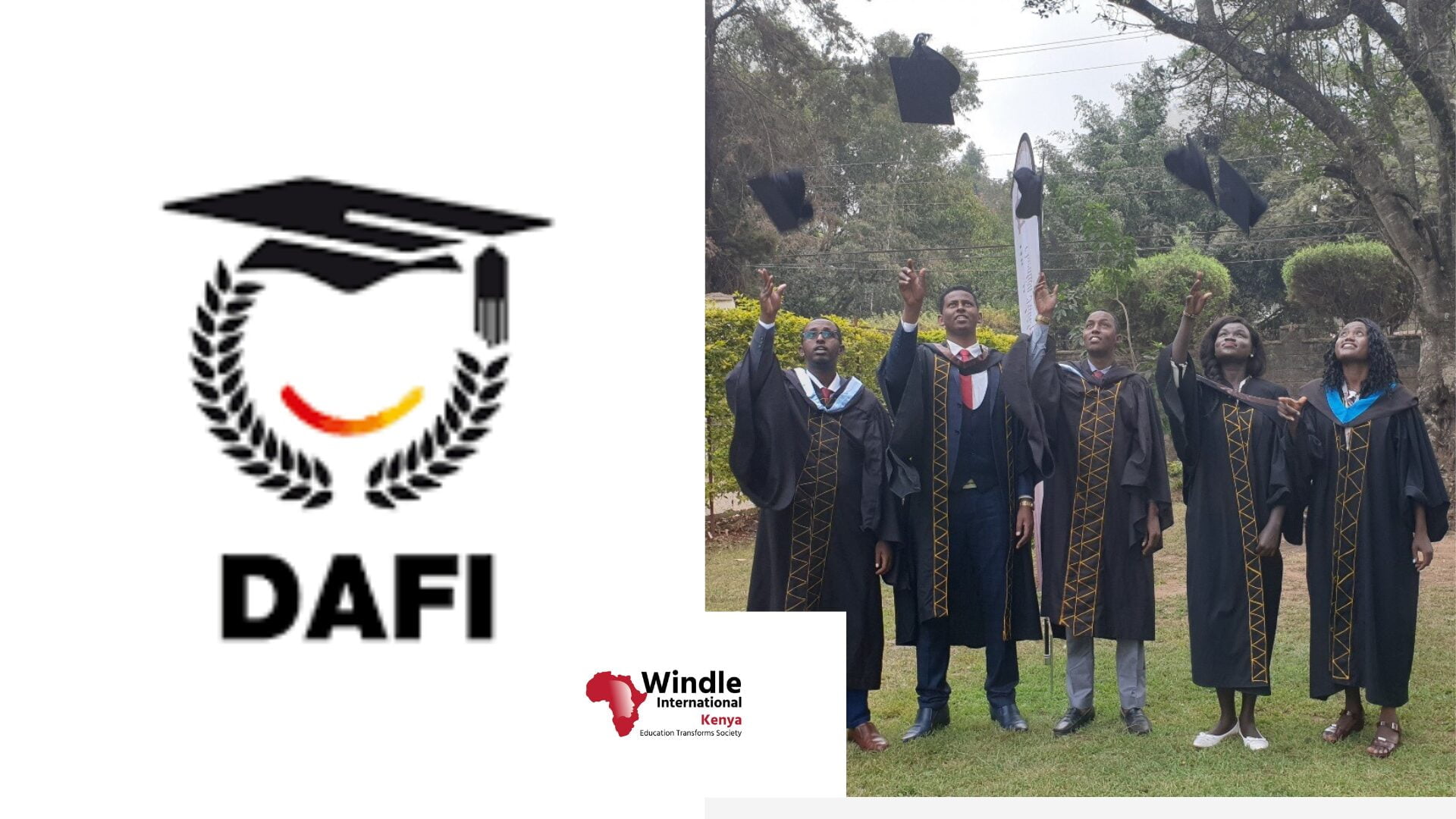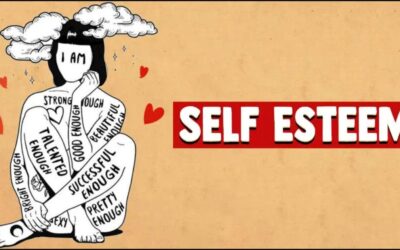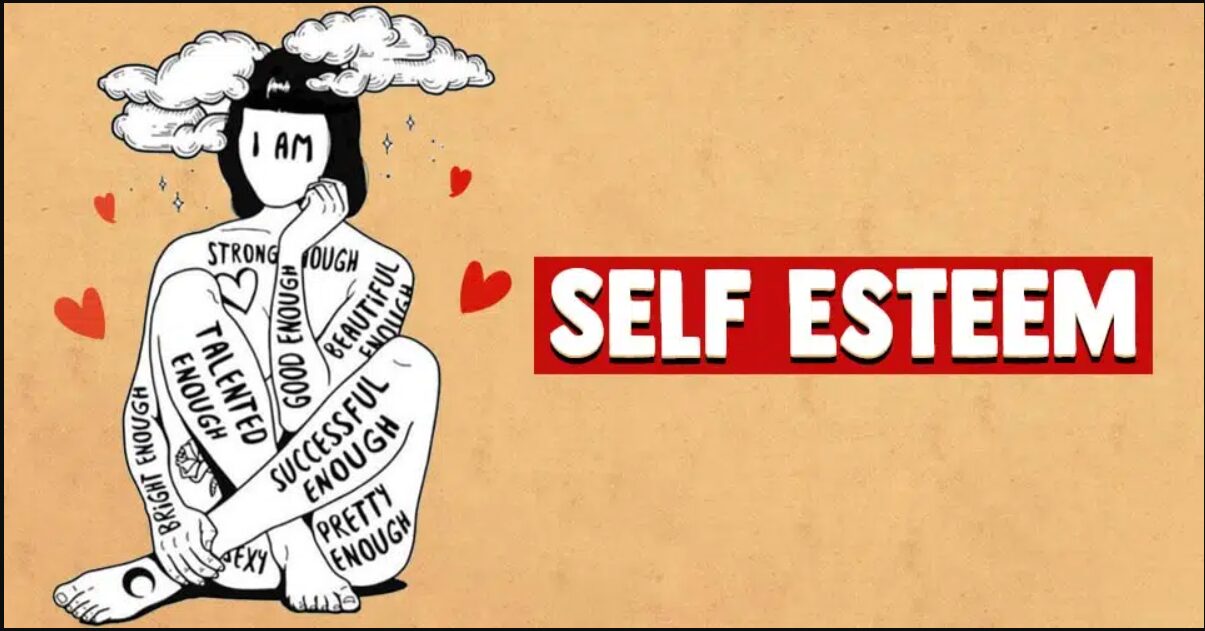Higher Education and Skills: The Impact of the DAFI Tertiary Scholarship Programme

Higher education plays a critical role in shaping the future of individuals and communities, particularly for refugees who face significant barriers in accessing quality education. The DAFI (Albert Einstein German Academic Refugee Initiative) Tertiary Scholarship Programme stands as a beacon of hope for many young refugees, offering them the opportunity to pursue higher education and build a better future. This article explores the profound impact of the DAFI Programme on refugee education, highlighting its history, goals, success stories, and future outlook.
Background of the DAFI Programme
The DAFI Programme was established in 1992 by the Government of Germany in collaboration with UNHCR (United Nations High Commissioner for Refugees). Its primary objective is to provide qualified refugee and returnee students with the chance to earn an undergraduate degree in their country of asylum or home country. The programme aims to promote self-reliance among refugees, empowering them to contribute to their communities and pursue their dreams.
Impact on Refugees
Success Stories: Nigara’s Journey
One inspiring success story from the DAFI Programme is that of Nigara, an alumna from Afghanistan. Nigara pursued her studies in economics at the National University of Tajikistan through the DAFI scholarship. Today, she is the founder of the Ariana Learning Center in Tajikistan, an education center dedicated to Afghan refugees, particularly women. Her journey exemplifies the transformative power of education and the profound impact the DAFI Programme can have on individual lives.

© UNHCR/Muhammadkhuja Davlyatov
The DAFI Programme not only provides educational opportunities but also fosters self-reliance among refugees. By equipping them with skills and qualifications, the programme enables refugees to become active contributors to their communities and economies. This empowerment is crucial for promoting peaceful coexistence with host communities and facilitating the integration and social inclusion of refugees.
Components of the DAFI Programme
Scholarship Coverage
The DAFI scholarship covers a wide range of costs, including tuition fees, study materials, food, transportation, accommodation, and other expenses. This comprehensive support ensures that financial barriers do not hinder the educational pursuits of refugee students.
Academic and Support Services
DAFI scholars receive additional support through academic preparatory and language classes tailored to their needs. This support is crucial in helping students overcome initial challenges and succeed in their studies.
Mentoring and Networking Opportunities
Mentoring and networking opportunities are integral components of the DAFI Programme. Scholars have access to mentoring from academic professionals and peers, fostering a supportive learning environment. Additionally, DAFI student clubs and alumni groups are active in many countries, facilitating valuable contributions to host communities.
DAFI’s Strategic Priorities
Promoting Self-Reliance
The DAFI Programme aims to promote self-reliance among refugees by providing them with the skills and qualifications needed for employment and entrepreneurship. This focus on self-reliance helps refugees become economically independent and resilient.
Empowering Students
Empowerment through education is a core priority of the DAFI Programme. By equipping students with knowledge and skills, the programme enables them to take on leadership roles and contribute to their communities and beyond.
Strengthening Educational Impact
The DAFI Programme encourages lifelong learning and continuous skill development. This approach ensures that refugees not only achieve their immediate educational goals but also continue to grow and adapt in an ever-changing world.
Providing Role Models
DAFI scholars serve as role models for other refugee children and youth, demonstrating the transformative power of education. Their achievements inspire others to pursue their educational aspirations and strive for success
Global Reach and Statistics
Geographical Coverage
The DAFI Programme operates in numerous countries across different continents. In Africa, it is present in nations like Kenya, Ethiopia, and Uganda. In the Americas, it has a footprint in countries such as Colombia and Mexico. Asia sees its implementation in Afghanistan, Pakistan, and Tajikistan. In Europe and the Middle East & Northern Africa (MENA), the programme supports refugees in countries like Turkey, Jordan, and Lebanon.
Enrollment Figures and Gender Parity
As of October 2023, the global enrollment of refugees in higher education reached 7 percent. In 2022 alone, 9,043 refugees from 50 countries were enrolled in DAFI scholarships across 56 countries. Notably, women made up 43 percent of the DAFI programme, which is on track to achieve gender parity by 2025
Case Studies
Regional Impact in Africa
In Africa, the DAFI Programme has significantly impacted refugee communities. For instance, in Kenya, many DAFI scholars have graduated and gone on to hold influential positions in various sectors. The programme’s presence in Uganda has also facilitated the establishment of student clubs that contribute to local development projects.
Success in the Americas
In Colombia, DAFI scholars have been instrumental in promoting peace and reconciliation in post-conflict areas. The programme in Mexico has also seen success, with graduates working in education, healthcare, and community development.
Implementation in Asia
In Asia, the DAFI Programme has supported many refugees from Afghanistan and Pakistan. These scholars often return to their communities to address critical issues such as education and healthcare, significantly contributing to local development.
Achievements in Europe and MENA
In Europe, countries like Turkey and Serbia have seen DAFI graduates take on leadership roles in various sectors. The programme’s impact in the MENA region is also noteworthy, with scholars in Jordan and Lebanon contributing to social and economic development initiatives.
Challenges and Opportunities
Addressing Increased Demand
The increasing demand for higher education scholarships among refugees presents both challenges and opportunities. In 2022, the DAFI Programme received 18,818 applications, reflecting a growing need for investment in higher education for refugees. Addressing this demand requires sustained support from governments, private partners, and foundations.
Investment in Education for Refugees
Investment in refugee education is crucial for building a more inclusive and equitable future. By supporting programmes like DAFI, stakeholders can help bridge the gap in educational opportunities and empower refugees to contribute to their host communities and beyond.
Future Outlook
Future Outlook
Roadmap to 15by30 Goal
The DAFI Programme is committed to achieving the 15by30 goal, which aims for 15 percent enrolment of young refugee women and men in higher education by 2030. This ambitious target requires continued investment and strategic partnerships to ensure its success.
Long-term Vision and Sustainability
Looking ahead, the DAFI Programme envisions a future where all refugees have access to quality higher education. This vision involves not only meeting immediate educational needs but also building sustainable systems that support lifelong learning and development for refugees.
Conclusion
The DAFI Tertiary Scholarship Programme stands as a testament to the transformative power of education. By providing refugees with the opportunity to pursue higher education, the programme empowers them to build better futures for themselves and their communities. As we look to the future, continued support for refugee education remains crucial in promoting self-reliance, empowerment, and global development.











